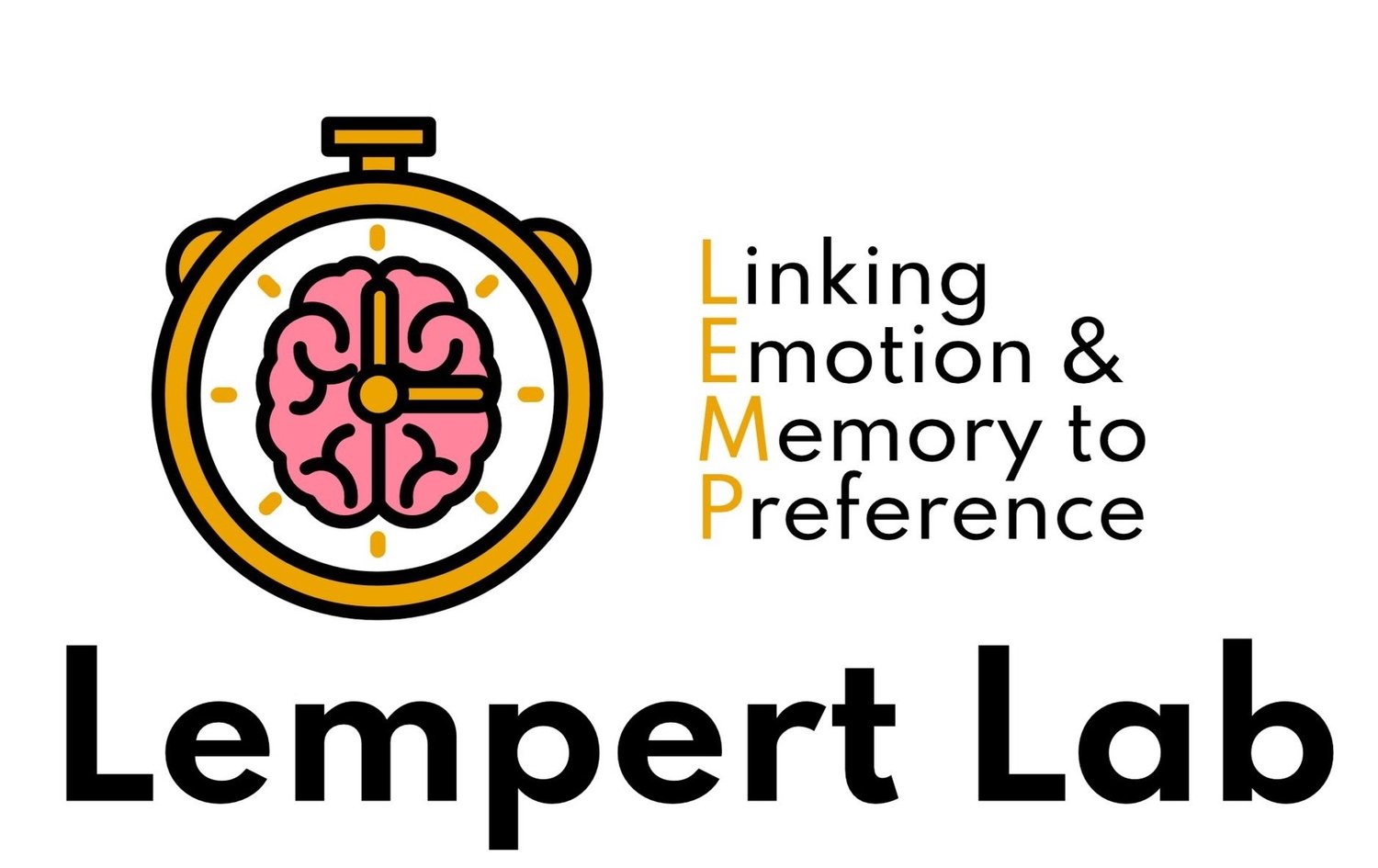
Research
Memory and intertemporal choice
Would you rather have $20 now or $35 in 30 days?
People vary in how much they “discount” the value of rewards that are delayed in time (a phenomenon known as temporal discounting). Where do these individual differences come from? There is some evidence suggesting that differences in episodic memory - or memory for specific past episodes in one’s life - underlies differences in temporal discounting, but how does episodic memory influence these choices? One idea that we are testing in the lab is that memory for time duration contributes to temporal discounting. People who remember time as going by quickly may be willing to wait longer for delayed rewards. We are investigating this question using memory and choice tasks, as well as pupillometry. In addition, we are studying these processes in cognitively unimpaired older adults, to examine how age-related changes in episodic memory impact decisions.
Fractionating impulsivity
What does it mean to be impulsive? (To focus on the short-term? To take a lot of risks? To move on too quickly from a good situation?)
Although scientists agree that there are different kinds of impulsivity, we don’t have a good taxonomy of impulsive behavior that is based on neuroscience. Neuroscience research shows that there are at least two different decision-making systems in the brain: one for deciding whether we want to continue on the path we are on or switch to something new (i.e., explore/exploit decisions), and one for comparing between two or more well-defined options (i.e., value comparison decisions). But how do these two systems relate to each other within an individual? Do some psychiatric disorders (e.g., substance use disorder) affect one system but not the other? By understanding the different behavioral profiles associated with different “disorders of choice,” we might come up with more individualized and successful intervention strategies.
Emotion and decision-making
Do emotions lead you to make better decisions or worse ones?
Historically, it’s been assumed that emotion is the enemy of reason, and we would be better off using logic to decide what to do. On the other hand, emotions motivate us, and without them, we might not be able to act at all. Research shows that the effects of emotion on choice are nuanced and variable. This makes sense, since emotion contains different components (e.g., arousal, subjective feeling) and plays out over different time scales (e.g., stress, mood, a gut reaction), and decisions are complex as well (do they involve uncertainty, ambiguity, other people?). Some of the lab’s research focuses on delineating how emotion impacts choice in different contexts.



